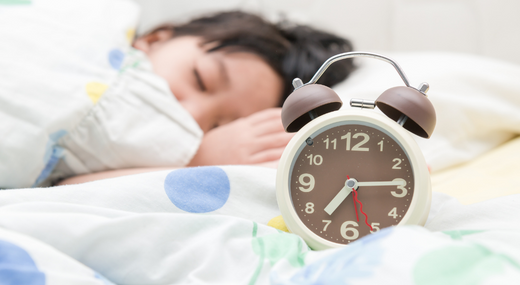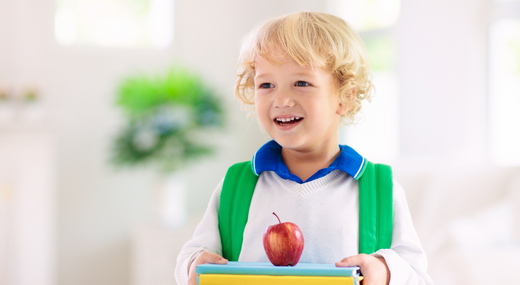The first day of school, whether it’s a child’s first time at school or final year, is an emotional time for parents and children.
Anglicare Southern Queensland conducts regular check-ins with our foster carers to see how everyone is progressing and whether anyone needs a little extra assistance. Whether you’re a foster carer or parent with children of your own, here are some tips from some of our foster carers about how they prepare for the return to school.
The lunch rush – Kelly and Zac
“We make lunch prep a priority in our household by preparing the kids lunches the night before. We started this routine after being tired of rushing to get them dressed and ready for school each morning. It’s helped reduce stress quite significantly in our household.”
As well as being organised with when and how you prepare your children’s lunches, it helps to ensure that they’re healthy, too. Here’s how to pack a highly nutritious, exciting and energy-sustaining lunch:
- Prepare meals and snacks that will not spoil. Living in Australia, we experience high temperatures throughout the year that can cause food to rot quickly
- Change it up. Incorporate a variety of different foods in your children’s lunch box so that they don’t get bored from eating the same thing every day
- Ensure that your children’s lunch boxes contain a mix of the following food groups:
- Fresh or dried fruit;
- High fibre food such as wholegrain bread, wraps, pasta, rice, crackers or oats;
- Protein;
- Vegetables; and
- Dairy or calcium fortified dairy alternatives.
Getting the right amount of Zzz’s – Christina
“One of the biggest tips I have for anyone who is sending their kids to school is to establish healthy sleep and bedtime routines. It’s good for their mental health and keeps them alert during the school day. I make sure that my kids get nine hours of sleep each night. Around a week before school starts back, I ease them back into going to bed at 8:30pm for a 6:00am wake-up.”
Sleep is important for health, growth and the memory of children. Young people need to have a regular routine, with minimal distractions to achieve a good night’s rest. There are different guidelines for the number of hours of sleep that a child should get, depending on their age. The below table shows the recommended hours of sleep a child should get, based on their age:
|
Age |
Number of Hours |
|
5 years |
10-13 hours |
|
6-12 |
9-11 hours |
|
13-18 |
8-10 hours |

Safety – Alice and Brodie
“Safety is something that we place a strong emphasis on. From road rules, internet safety, through to talking to strangers – we like to regularly remind them of what is safe.”
There are so many benefits to teaching children about the importance of personal safety as it:
- reduces their likelihood of entering unsafe situations and teaches them about how to respond to bad situations;
- teaches them about their rights and gives them greater confidence to speak up about things that make them uncomfortable;
- teaches them that it’s okay to talk to someone that they trust if they are worried about something.
Other tips for preparing children to return to school
Some other ways that you can prepare yourself and young people for their return to school includes:
- communicating with their teachers and staying up-to-date with their progress and learning about how you can best support them
- ensuring they have their learning equipment and stationery
- easing their anxieties about going back to school
- making sure that they have comfortable and clean uniforms.
Is your child starting prep?
Is your child or foster child about to start prep? Be sure to check out these ‘Five things to think about before your child starts prep.’ In this article, we discuss matters like social skills, concentration, motor skills, emotional regulation and independence.
*Note: Names and photos have been de-identified to protect the identities of children and their families.
